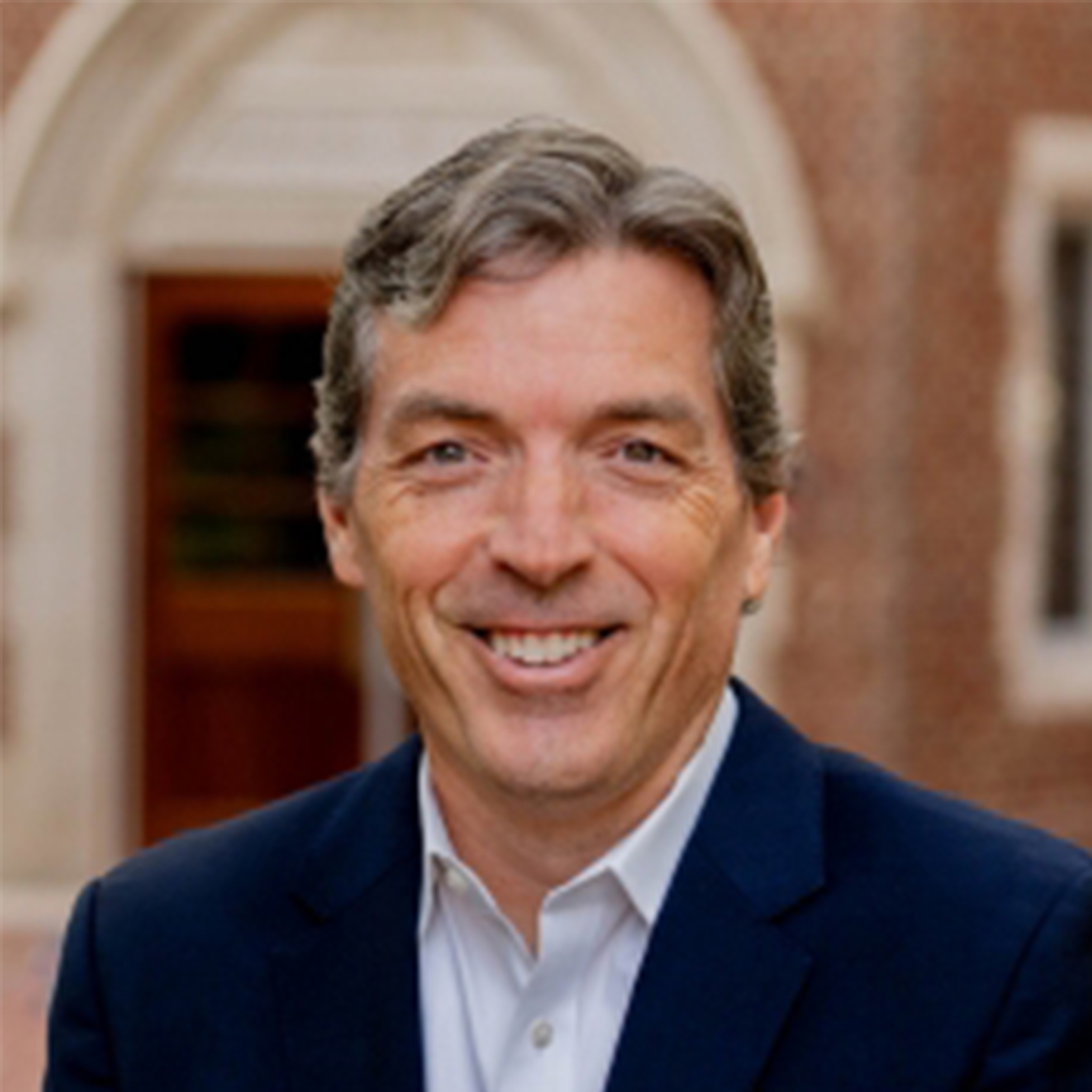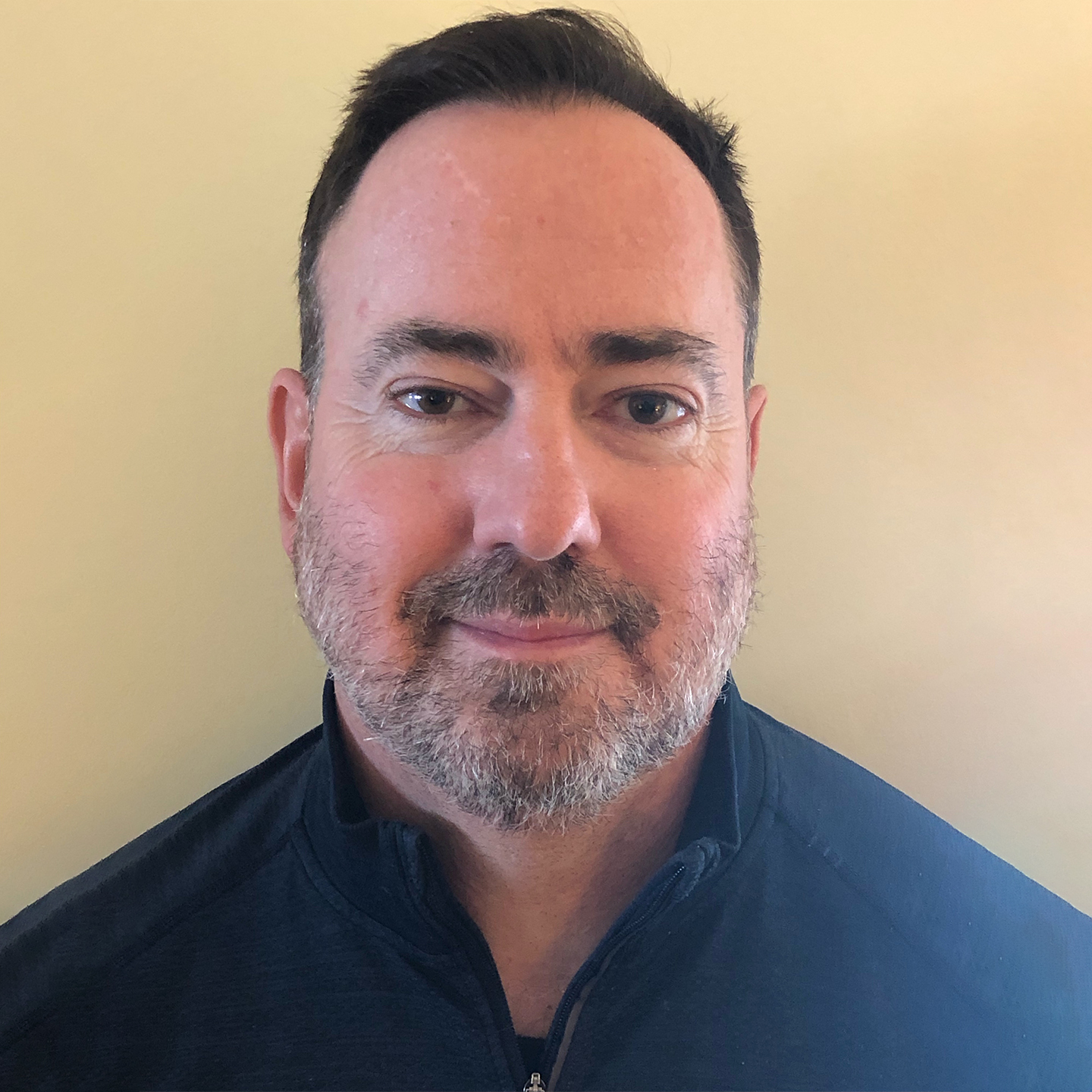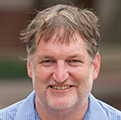
Anti-Corruption & Human Rights in Megasports
Law professor Andy Spalding is an expert on human rights and anti-corruption reforms in megasports, specifically related to the Olympic Games and the FIFA World Cups.
“Megasports provide an opportunity to support social development and build a legacy of governance promoting accountability, transparency, and human rights that go beyond the sports and last long after the events are over,” Spalding said.
He can discuss the troubled history of Olympic corruption and the anti-corruption efforts of the 2024 Paris Games.
“Paris was awarded the 2024 Summer Olympics after 25 years of corruption and human rights scandals in Qatar, Russia, and China, but also the United States. France designed an innovative and forward-looking legal framework, applying new anti-corruption measures to its Olympic preparations. These worked, and the minor corruption issues we see in the papers today are best understood as signs that France's system is doing its job. Paris 2024 could mark the beginning of a new era in which we not only manage risks and minimize scandals but actually leave a positive anti-corruption and human rights legacy in the host country and beyond."
More About Andy Spalding
Sports in the Media
English professor Stephen Brauer is an expert on sports media and how it both influences and is influenced by American culture and politics. He can discuss media coverage of past and present Olympic Games, the impact of changing technology on sports coverage, and what viewers should be aware of when watching the Games.
“From the coverage of some sports over others, the creation of stars like Michael Phelps and Gabby Douglas, and the politics of the host countries, the press plays a vital role in how Americans view and understand the Olympics, and they have since the very first modern Games,” said Brauer.
“What stories are dominating the media coverage? What sports, athletes, or countries aren’t being covered? What financial influences are these journalists or broadcast networks under? These are useful questions to ask if you’re watching any sporting event, but particularly an international event such as the Olympics that has lasting political and cultural impact.”

Science of the Perfect Dive
Physics professor Christine Helms is a biophysicist and expert on the science of sports. She can discuss the physics behind many athletic activities, including diving:
“When a diver is somersaulting or spinning, the most important thing they can think about is where their mass is located: where their arms are, where their legs are, where their torso is,” said Helms.
“You’ll often see divers at the top of their dive tuck into a ball or bring their arms in close, and as they enter the water, they’ll extend to slow down that rotation and enter cleanly. You do want to rotate a little in the water, to break up those air bubbles and break them apart before they cause a large splash.”
Watch Helms explain the physics of the perfect dive.

Robots at the Olympics
Patrick Martin is a computer science professor and roboticist who uses dance to better understand collaborative, safe human-robot teams. He is available to discuss how autonomous robots are used at the Olympic Games, for both entertainment at the opening ceremony as well as service functions such as cleaning or serving food, as exemplified at the 2022 Beijing Olympics.
“I am working on ways for robots to operate effectively in close proximity to humans. If you're going to have a robot near a human, you're going to need to communicate with the robot, and the robot needs to communicate with you, so that’s a key component," Martin said.
More about Patrick Martin
AI, Surveillance & Privacy at the Olympics
Anne Toomey McKenna is a professor of law and attorney with expertise in privacy and electronic surveillance law and policy with a particular focus on AI technologies and autonomous decision-making systems. She also Chairs the AI Policy Committee for IEEE-USA.
She is available to discuss the AI-assisted surveillance tools France will widely use at the Olympics, including what AI-assisted surveillance tools will be used; who will be using them — a large array of police, transport, and other officials; how France changed its laws to permit broader AI-enabled mass-scale surveillance during the Olympics; and the immediate and long-term implications of this surveillance on privacy and citizens' civil liberties.
"France will deploy sweeping algorithmic video surveillance throughout the 2024 Olympics as its new law permits AI systems to 'flag' certain 'events' during the Games, like crowd size and movement, abandoned objects, the presence or use of weapons, a body on the ground, smoke or flames, and certain traffic violations," McKenna said.
"France has already test run these AI surveillance tools at a Depeche Mode concert, which officials say, "went well' and the 'lights are green" for future uses. These algorithmic watchers are being used much more frequently, giving governments and event organizers everywhere far vaster surveillance capabilities than humans alone can provide," McKenna says, "but such AI-enabled surveillance systems are poorly regulated, subject to little in the way of independent testing, and once the data, and it's a lot of data, is collected, the potential for further analysis and privacy invasions are enormous."
More about Anne Toomey McKenna
INTERSECTION OF RACE & SPORTS
Thad Williamson, professor of leadership studies and philosophy, politics, economics, and law, researches the intersection of social justice and public policy. He is an expert on sports and social justice, including diversity in sports, leadership in sports, and the intersection of race and sports.
“The Olympics are a massive sporting event, but they are also a massive cultural and political event that can raise awareness concerning critical issues such as racial inequality," Williamson said.
"In 1968, track and field stars Tommie Smith and John Carlos, who both medaled in their Olympic events, used their success as an opportunity to call global attention to the struggle for racial justice in the United States."